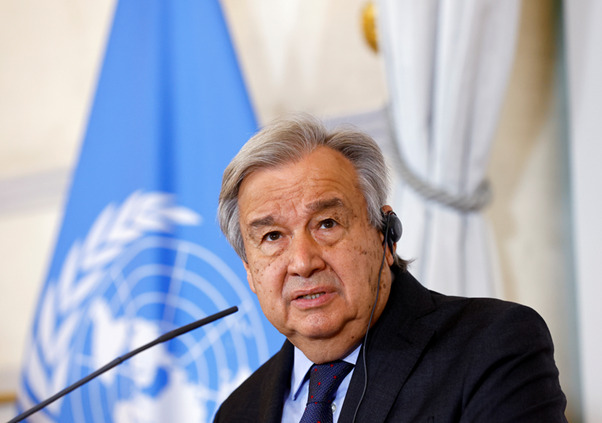Iran Declares "Zangezur Corridor" a Direct Threat as EU Continues Armenian Border Mission
- Obyektiv Media
- 1 сент. 2025 г.
- 2 мин. чтения

TEHRAN / YEREVAN – The South Caucasus region is experiencing heightened geopolitical tensions, with Iran's parliament issuing a strong statement on regional security and the European Union affirming the continuation of its observation mission in Armenia. These developments come amidst recent progress on a peace agreement between Armenia and Azerbaijan.
On 29 August 2025, Iran's parliament adopted a statement warning that projects such as the "Zangezur corridor" or forced changes to recognised borders "constitute a direct threat to collective security" and contradict the interests of regional countries. The statement, reported by the Tasnim agency, underscored the South Caucasus's significance to Iran, describing it not merely as a geographical border but as the country's "security perimeter, strategic depth, and part of its civilisational space". The parliament highlighted the region's strong historical, cultural, and military-political ties with Iran over centuries, noting its vital role in safeguarding Iran's territorial integrity and national security.
Iran's parliament further asserted that "altering internationally recognised borders without the consent of the relevant governments is a clear violation of the UN Charter and the principle of territorial integrity of states," based on undeniable principles of international law. Tehran also reserved its right to employ all political, legal, and legitimate means should its national interests and security be threatened. The statement emphasised the South Caucasus's crucial importance not only for security but also as a vital energy, transit, and economic route for Iran and the region. Any economic or transit project aimed at weakening Iran's geo-economic positions would be deemed unacceptable. Iran's parliament called on regional states to adhere to neighbourly principles, refrain from escalatory actions, and expand cooperation without the involvement of external powers, reiterating that the development of economic and transit relations can only be sustainable within existing borders and on the basis of mutual respect.
Meanwhile, on 1 September 2025, the European Union announced that it will continue its observation mission in Armenia in accordance with its mandate, with no immediate changes required. EU Ambassador to Armenia, Vasilis Maraqos, confirmed this to AzadlıqRadiosu, addressing questions about the withdrawal of third-party forces from the border following the recent initialling of a peace agreement between Yerevan and Baku. "As far as I know, the people and authorities of Armenia welcome the European Union Mission in Armenia. The mission continues its activities," Ambassador Maraqos stated. He assured the Armenian public that the EU mission would continue its work according to its mandate, characterising it as "a means of peace and regulation" that the EU fully supports.
The peace agreement, which had its text agreed upon five months prior, was initialled by Armenia and Azerbaijan in Washington on 8 August 2025. The document reportedly stipulates that neither party should deploy any third-party forces on their mutual border. The EU mission arrived in Armenia in February 2023, and its presence in Armenia's border regions was extended for another two years in January 2025, until 19 February 2027. Azerbaijan has repeatedly accused the EU mission of engaging in espionage activities and "binocular diplomacy," accusations which the EU mission has consistently and strongly denied.



Комментарии